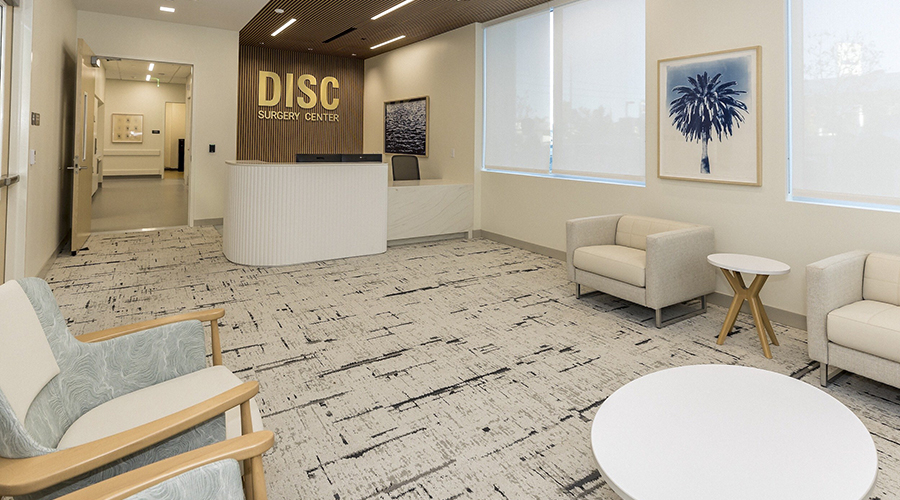Though financial pressures are encouraging health systems to repurpose office or other nonclinical space and use it for outpatient medical diagnosis, the repurposed space is often not well-suited for the installation of an MRI, particularly when it comes to noise transmission, according to an article on the FacilityCare website.
When evaluating a space for MRI suitability, start with a floor vibration assessment. The potential footfall problem is more acute if the structure was not designed for an MRI. Structural modifications may be sufficient to alleviate issues, but not always, the article said.
Inside the MRI , noise levels can be as high as 120 dBA — or the equivalent of a rock concert. Near the walls of the MRI room, the levels are in the range of 95 dBA to 105 dBA. About 45 dBA to 55 dBA of MRI noise to be transmitted into the spaces above and below the MRI room. To cut the noise on floors below, gypsum board ceilings can be installed. When a noise-sensitive space is on the other side of the MRI room wall, substantial wall construction will likely be needed.

 AI Adoption on the Rise Among Leaders
AI Adoption on the Rise Among Leaders TriasMD Officially Opens DISC Surgery Center at Tarzana
TriasMD Officially Opens DISC Surgery Center at Tarzana Goshen Health Announces Partnership with Parkview Health
Goshen Health Announces Partnership with Parkview Health Severe Winter Weather: What Healthcare Facilities Must Prioritize
Severe Winter Weather: What Healthcare Facilities Must Prioritize Recovery Centers of America Opens New Facility in Florida
Recovery Centers of America Opens New Facility in Florida